Where was the Qing Dynasty pinched, backward, lost its Asian hegemony?
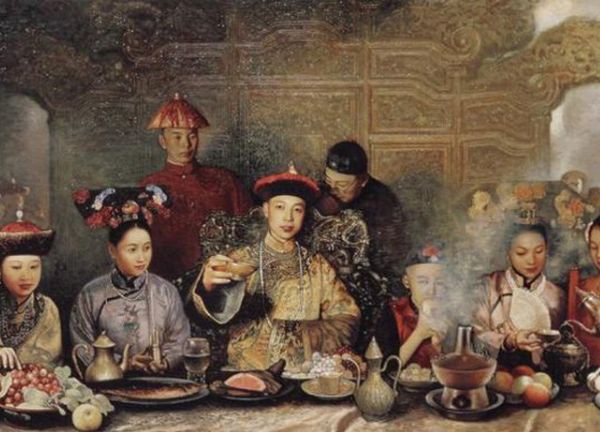
3 | 1 Discuss | Share
Today, Vietnamese youth, when learning about their country's history, deeply admire the heroes who served as "spies" in wars. So when did "spies" in Vietnamese history originate?
Our country's history records the use of spies thousands of years ago. Typically, the King of Nam Viet sent his son Trieu Da to be the son-in-law of King Thuc An Duong Vuong, with the main purpose of understanding the situation of our country and then annexing it.
Our dynasties also focused on spying on the situation in the North. During the time of King Le Dai Hanh, in the year 1000, "Dai Viet Complete History" recorded: "The King sent Ngo Tu An to patrol the North to see the border situation."
The history of the Tran Dynasty recorded a woman who made great contributions to the country, Princess Ngoan Thiem, a beautiful female spy under Tran Thu Do.
Nguyen Non was a warlord who rebelled against the court at the end of the Ly Dynasty and the beginning of the Tran Dynasty in Vietnamese history. Although Nguyen Non is a debaucher and drinker indiscriminately, he is still very alert and extremely vigilant towards Ngoan Thiem. Nguyen Non built a private residence for Ngoan Thiem and guarded it very carefully, making it impossible for Ngoan Thiem to gather any information. But with her beauty and talent, Princess Ngoan Thiem quickly won Nguyen Non's trust and made him indulge in sensuality. Just 3 months later in 1229, Nguyen Non fell ill and passed away. However, since the enemy died, all information about Princess Ngoan Thiem suddenly disappeared.
During the wars between the Le and Mac dynasties or between the Trinh and Nguyen families, both sides tried to use detectives to find out information about each other. In 1660, official history recorded the event that Lord Nguyen's detectives went to the North to seduce the governors of the towns of Son Tay and Hai Duong to betray Lord Trinh. At the same time, the detectives also went to the northern mountains to seduce the Vu family in Tuyen Quang. and the Mac family in Cao Bang rebelled against the Le - Trinh court, but failed. Another important battle in the Trinh - Nguyen war in the fall of 1657 also clearly marked the detective's traces. That was when the Trinh army led by Lord Trinh Can entered the Nghe An battlefield to fight the Nguyen army. Trinh Can assigned General Thang Nham to station at Dong Hon rampart (My Du commune, Hung Nguyen district at that time). The land was damp and flooded in the fall. Fearing that the Nguyen army would attack them, they discussed moving the garrison and stationing it under the mountain.
According to the history "Dai Nam Thuc Luc" it is written: "The detective reported to Nguyen Huu Dat. Huu Dat told Nguyen Huu Tien: "I have already thought about it, on the 25th, there will definitely be a flood, maybe take advantage of this opportunity." He attacked Thang Nham's fort, and was sure to destroy it." On that day, there was indeed heavy rain and strong winds, the river was overflowing. Huu Dat led his army to attack Dong Hon's stronghold, using the flood water, he was able to destroy it. Thang Nham fled to the mountains and the land, and the Nguyen army captured a lot of weapons.
History of the Nguyen Dynasty also said that in April 1682, there were also detectives from Dong Do who came back to say that in addition to Bac Ha, there were upheavals in Cao Bang and Hai Duong, Lord Trinh Tac had to divide his army to resist, Dong Do then abandoned. Lord Nguyen Phuc Tan at that time also wanted to attack Bac Ha, but then because the military provisions were not enough, he stopped.
The book "Miscellaneous Dynasty Calendar" by Ngo Cao Lang recorded quite specifically the behavior of two detectives of Lord Nguyen. During the reign of King Le Du Tong, in the 10th year of Vinh Thinh (1714). The book writes: "The To Quoc Cong (ie Lord Nguyen Phuc Chu) at that time was a strong man, confident that his country was rich, and intended to keep an eye on the Bac Ha court (originally written as "middle dynasty"). At that time, Lord Trinh Cuong assigned Central Duke Le Thi Lieu to take the position of a veteran general to guard Nghe An and defend carefully, so whatever the situation of the Bac Ha court, the South Ha side could not spy. The Duke of the country then secretly ordered a group of Fujian traders named Binh and Quy to follow the Luong Quang route to Nam Quan, Lang Son, then sneak into Thang Long capital and other towns to investigate the country's affairs and the military situation. ".
Information about the military situation in Dang Ngoai was also very specifically informed to Lord Nguyen as recorded in the book: In the capital, under the command of admirals and guards, there were many military officers and elephants and horses. Four major towns (Son Tay, Kinh Bac, Hai Duong, Son Nam) and Thanh Hoa all have military depots. The posts and barracks in Nghe An had about 7 or 8 thousand soldiers under the command of 18 dukes and admirals. The three big camps in Bo Chinh have about 3,000 troops. Everything above, down to the number of warships and soldiers' provisions, is presented in a brief manner. That workers' country knew that the Dang dynasty was strong, so they stopped plotting to look at the North.
During the war between Lord Nguyen Anh and the Tay Son army, in 1795, when General Vo Tanh was besieged by the Tay Son army in Dien Khanh citadel, he sent a detective to overcome the siege to Lord Nguyen Anh's palace, reporting that Vo Tanh was sick. light, many generals and soldiers are also sick.
Lord Nguyen Anh attaches great importance to the role of a detective. In the example of Nguyen Van Nguyen, the High Priest of Phu Yen, Nguyen Van Nguyen, in 1798, told him: "If you are close to the water, you will know the fish, if you are close to the mountain, you will know the bird, now you should choose a confidant to be a detective to investigate. Review the situation of the enemy in Phu Yen and Quy Nhon and persuade the Mandarins at the source to make them submit.
In 1799, Lord Nguyen Anh issued 32 military regulations, of which article number 11 was specifically about detective work. stipulates that: "When a detective returns from enemy territory, his general is not allowed to ask questions, and the detective is not allowed to reveal his work. If he does anything wrong, he will be executed. For example, if an outsider finds out about a secret relationship, he will be arrested. detective crime".
Before he was crowned king, Lord Nguyen Anh's detectives expanded their area of operation to neighboring countries such as Chan Lap and Siam.
During the reign of King Minh Mang, the Nguyen Dynasty also controlled the rights of Lao tribes bordering Nghe An and Quang Tri, placing 3 Lac Hoan caves next to Tran Bien palace as dependent on our country, while Siam was right next to Lac Hoan. also sent troops many times to attack to exert influence. In the 8th year of Minh Mang's reign (1827), a detective came back and said that the Siamese army had crossed the Khuong Giang River to station in Lac Hoan, herding people to Muc Da Han. Generals such as Phan Van Thuy, Tran Loi Trinh, and Nguyen Cong Tiep led troops to attack and reported the matter to the court.
Lü Hou's heart was high, why did Liu Bang leave it alone, how did history state it? 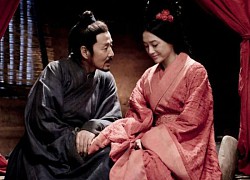 Pinky16:49:50 08/01/2024Liu Bang and Lü Hou figures in Chinese history have made a profound mark. Despite his high heart, Lü Hou was still blatantly not dealt with by Liu Bang, the reason for which was clearly stated.
Pinky16:49:50 08/01/2024Liu Bang and Lü Hou figures in Chinese history have made a profound mark. Despite his high heart, Lü Hou was still blatantly not dealt with by Liu Bang, the reason for which was clearly stated.

3 | 1 Discuss | Share
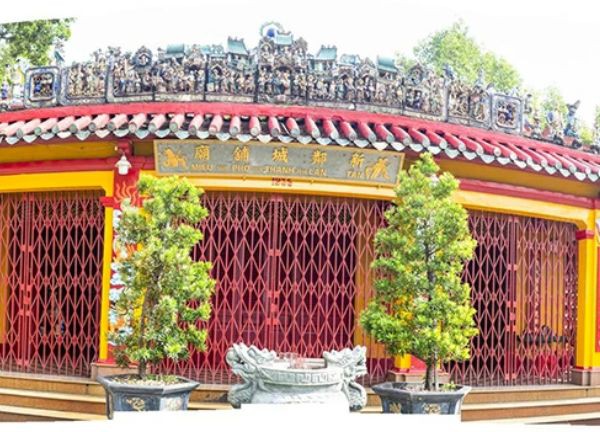
4 | 1 Discuss | Share
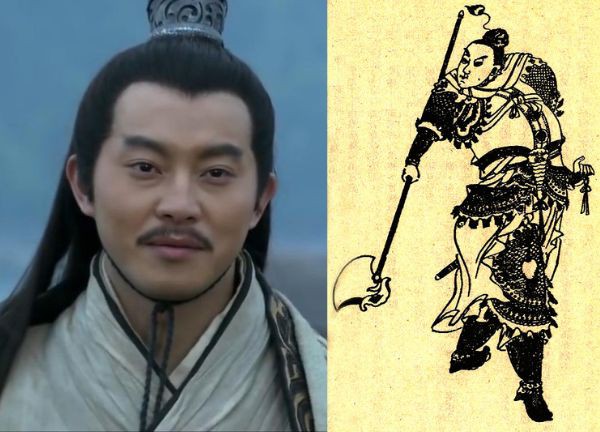
4 | 1 Discuss | Share
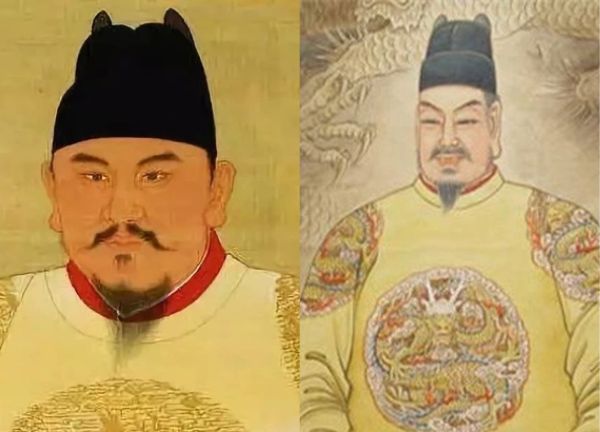
2 | 1 Discuss | Share
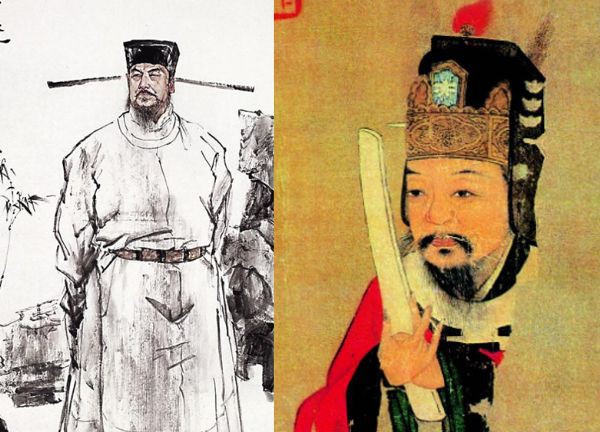
2 | 1 Discuss | Share

3 | 0 Discuss | Share

2 | 0 Discuss | Share
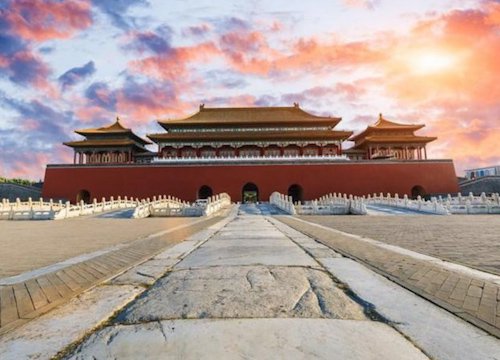
3 | 0 Discuss | Share

5 | 0 Discuss | Share
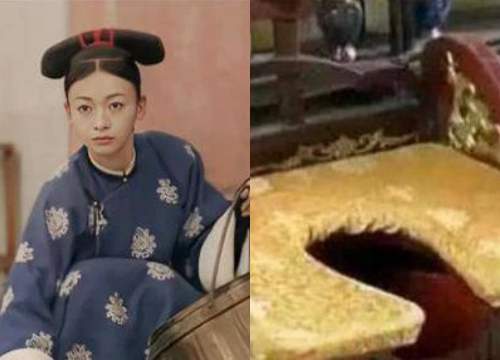
3 | 0 Discuss | Share
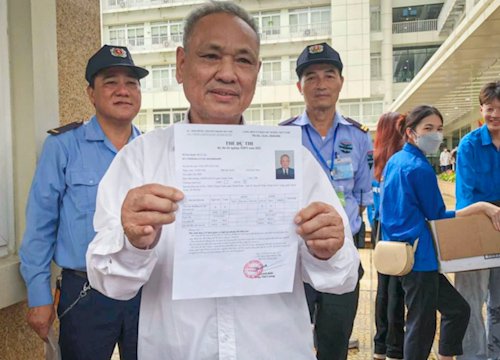
3 | 0 Discuss | Share
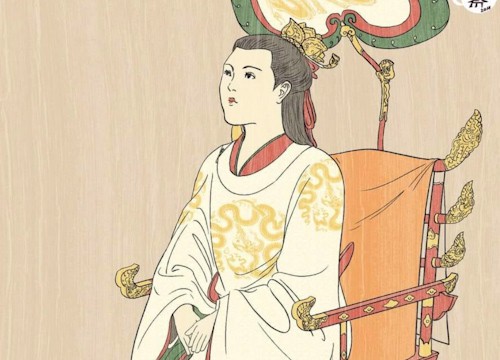
1 | 0 Discuss | Share
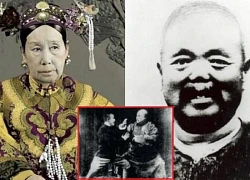


2 | 1 Discuss | Report